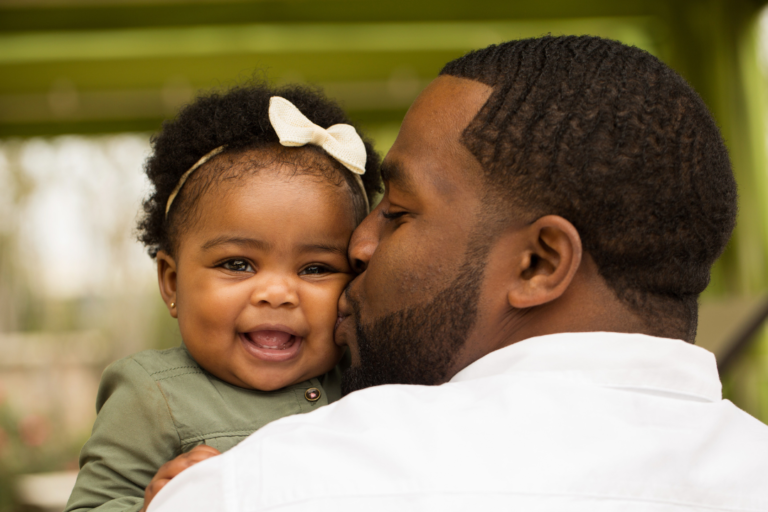Swaddling is as ancient as parenting itself. For centuries mothers have swaddled their babies. It is only in recent years that some western cultures have stopped swaddling their babies. The wisdom of swaddling is now returning to western moms as a simple strategy to soothe babies (and it has fantastic benefits for sleep too).
Swaddling: why is it so important?
The first 12 weeks of your baby’s life is essentially a ‘fourth trimester’. In these early days your baby’s nervous system is immature. And this is the reason why so many little ones are unsettled (or colicky), especially at the end of a busy day.
Wrapping your baby snugly in a swaddling blanket creates a deep pressure – similar to the one your baby felt in utero. This sensation is emotionally reassuring. And research shows that babies who are swaddled tend to be far calmer and less agitated.
Research also tells us that babies who are swaddled tend to sleep better and deeper, experience more quality REM (Rapid Eye Movement) sleep and wake less frequently.
In addition, young babies – and particularly those that ‘fight’ at the breast – feed better with more coordinated sucks and breaths when swaddled.
A few tips about swaddling:
There are a few tips to keep in mind to fully derive the benefit of regular, soothing swaddling:
- Swaddle your baby’s legs bent at the hips. In this position, your little one will feel more contained and it’s better for hip development.
• Allow times in the day when your baby is un-swaddled and can kick those little legs. It’s important for them to explore their new sense of movement and to stretch their legs out.
• Swaddle your baby from birth to around nine to twelve weeks or until your baby is rolling.
For a quick demonstration on how to swaddle your baby, click here. Download Parent Sense to take the guesswork out of caring for your baby and make the most of their first year.




